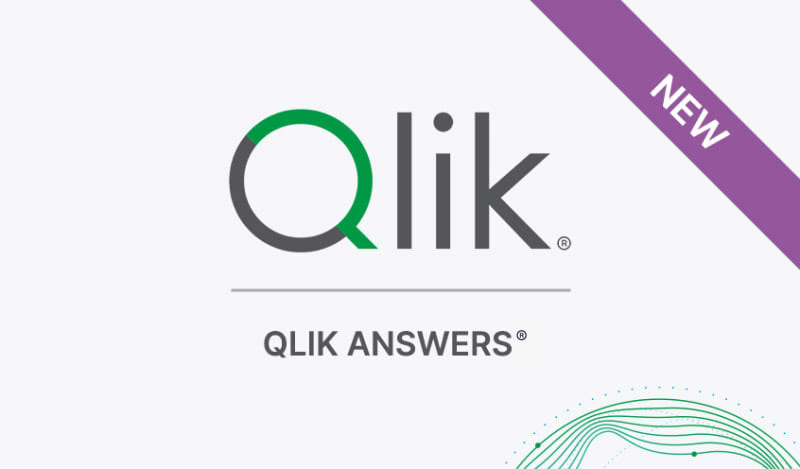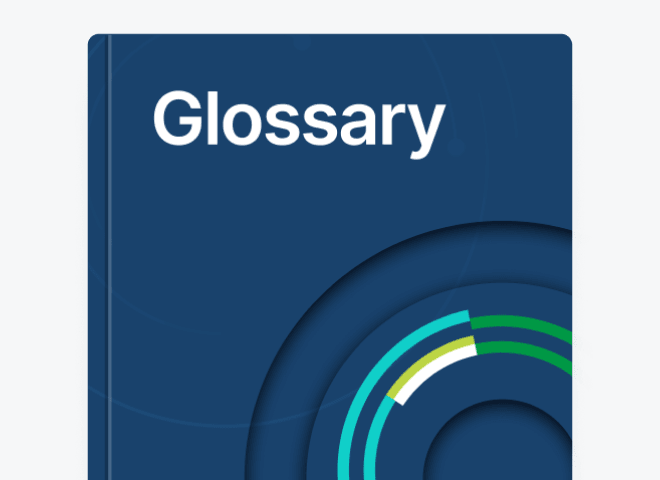AWS SQL Server replication the Qlik way
Qlik Cloudbeam lets you implement AWS SQL Server replication easily, economically, and reliably.
Available through the AWS Marketplace, Qlik Cloudbeam allows you to configure and execute AWS SQL Server replication jobs and processes through a user-friendly GUI -- without doing any coding and without needing expertise in the source or destination interfaces. Cloudbeam provides unified support for all types of AWS SQL Server replication workflows, whether it's Amazon RDS replication within RDS, or cloud data transfer of SQL Server data across different Amazon services or regions. Cloudbeam also supports replicating data from AWS SQL Server deployments to your on-premises database systems or data warehouse systems – again without need for any manual coding.
CloudBeam's any-to-any versatility applies as well to replicating data from on-premises systems to AWS SQL Server systems, such as if you're migrating an on-premises SQL Server database to the cloud. More broadly, Qlik supports nearly any type of on-premises or cloud data integration across diverse systems including big data technologies like Hadoop.















































